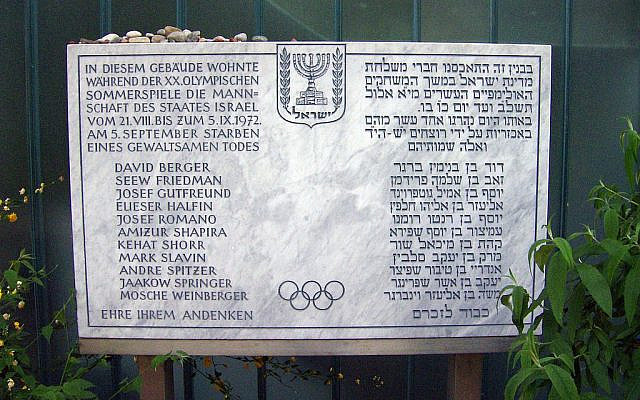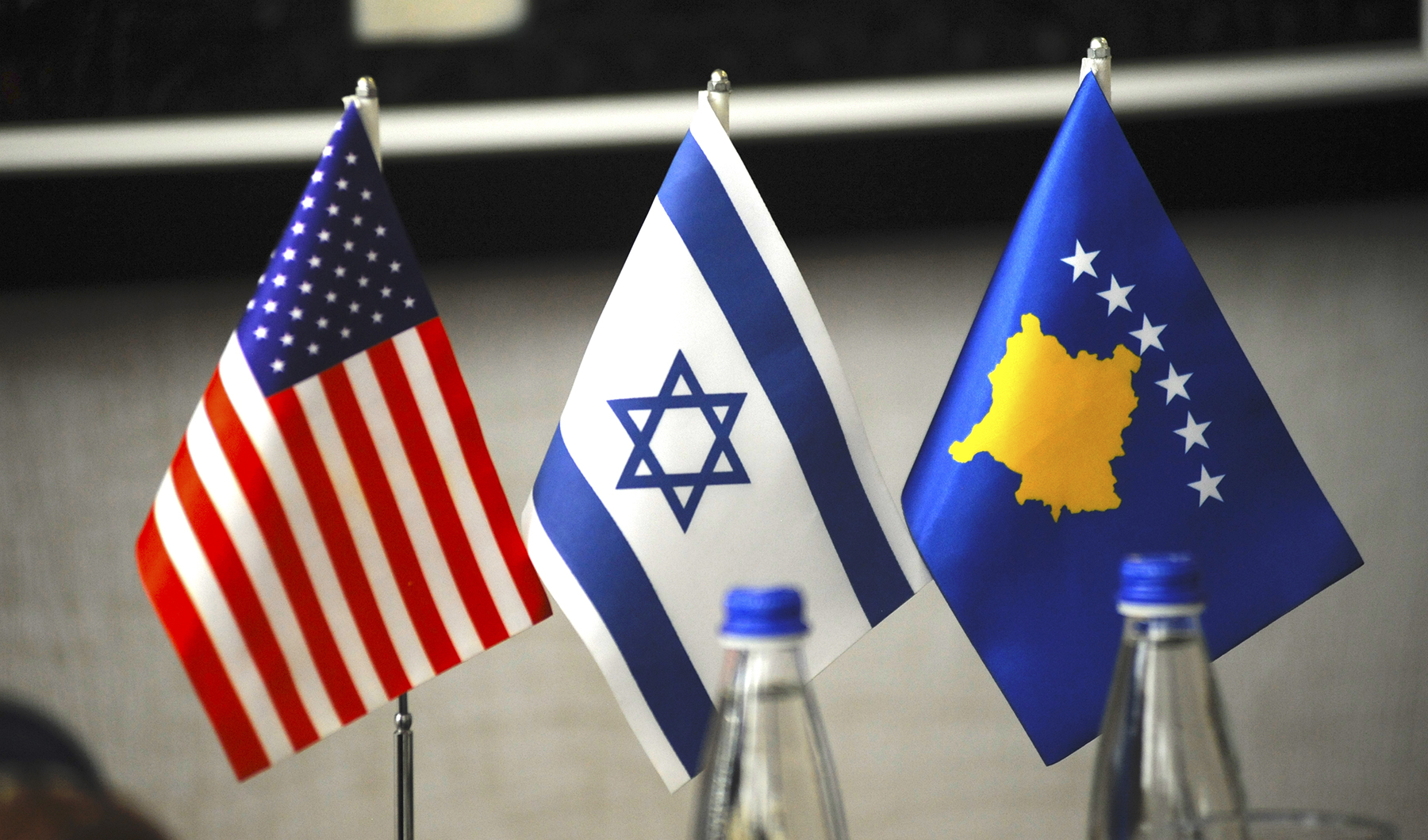The end of the Arab-Israeli conflict
The only Arab Islamists presently engaged in the fight against Israel are those that derive patronage from actors outside the Arab world (primarily Iran) and operate in failed-state environments where that patronage can be readily converted into political and economic power. Hamas and Hezbollah are the most notable cases, but even they have carefully modulated their “resistance” to Israel to achieve other goals (e.g., overturning the decades-long political dominance of the Palestine Liberation Organization and controlling the Lebanese government, respectively). Outside of Iran’s patronage networks, even the most radical and violent Arab Islamist groups—notably Al-Qaeda and the Islamic State (ISIS)—have largely ignored Israel in favor of other fish to fry.
Nevertheless, popular hostility to Israel in the Arab world is still strong enough that, all else being equal, few of its despotic rulers would be inclined to normalize relations with Israel were there not increasingly much to gain. For many Arab states, the strategic benefits of cooperation with Israel have vastly increased amid the rising threats posed by Iran and Turkey and American disengagement from the Middle East. The Obama administration’s accommodation of Iran’s nuclear ambitions and refusal to act forcefully against Iranian aggression in Syria led to widespread recognition that Arab regimes are on their own in confronting Iran’s bid for regional hegemony. For all of the Trump administration’s anti-Iranian bluster, its disengagement from Syria and weak response to Iranian provocations in the Persian Gulf last year left staunchly pro-American Arab governments in the lurch.
Under these circumstances, Israel’s growing military, economic and diplomatic strength, hands-on experience fighting Iranian proxies and zero possibility of disengaging from the region have made it an increasingly indispensable ally in combating Iran’s regional ambitions.
Far-reaching, multifaceted sub-rosa security cooperation between Arab leaders and Israel has been underway for years and was bound to eventually result in diplomatic normalization. As Gwynne Dyer explains, these hitherto furtive alignments with Israel become a “much more convincing deterrent” against Iran if Arab and Israeli leaders are “actually seen together in public occasionally.”
Now that the UAE has broken the Arab taboo against normalization with Israel, other Arab states will be inclined to do so in ways consistent with their interests. Some, like the UAE (which just reinforced its alignment against Turkey by deploying four F-16s to Crete), will become full-bore allies of Israel. A few, like Syria and Houthi-ruled Yemen, will remain openly hostile. Most will run the gamut between these extremes. As the remaining 19 Arab League member states reach various degrees of accommodation with Israel, at least some of world’s 12 non-Arab states that don’t recognize Israel (nine of them majority Muslim) will reassess their boycott of the Jewish state.
How the collapse of Arab solidarity against Israel will affect the pursuit of a two-state solution between Israel and the Palestinians is hotly debated. Insofar as fear of global isolation has fueled Israel’s willingness to compromise with the Palestinians, it’s not going to sweeten the pot. However, while Michael Oren’s claim that Israel will be more likely to make concessions if it is “secure in its newfound relations with the Arab world” is far-fetched, it’s not inconceivable that Israel’s “newfound” relations will increase the willingness of Palestinian leaders to accept the legitimacy of the Jewish state and drop their demand for the so-called “right of return”—the biggest stumbling block in past negotiations.
The most likely scenario, however, is that Palestinian leaders continue on the rejectionist path with support from the likes of Iran, Turkey and the militantly anti-Zionist global left. Anti-Semitism, Islamic supremacism and authoritarianism will continue to make the world a dangerous place for its lone Jewish state long after the end of the Arab-Israeli conflict ends with a whimper, but the danger will be more manageable.
Bahraini social media activist talks UAE deal, says Jews part of Middle East
Loay Alshareef, a social media activist and linguist from Bahrain, was interviewed by i24NEWS on Sunday, in which he discussed the recent Israel-UAE normalization deal, Israel and the Jewish people's role in the Middle East and the future of Arab-Israel ties.Saudi Gazette: Palestinian Politicians Have Sabotaged Negotiations to Keep the Aid Funds Flowing
Beyond praising the recent deal, Alshareef highlighted an important shift in perception among Middle East Arabs, particularly in the Gulf states, regarding perceptions toward Israel specifically and Jews in general. The activist noted that views among the populace of the UAE in regard to the agreement are rooted in stabilizing the Middle East, while adding that "now the awareness is becoming more clear to many people that the Jewish people are not foreign colonialists in the Land of Israel: They are part of this land, and they are part of our region.
He added that "the Jewish people belong here, they have nowhere else to go... so it's really becoming very obvious that the existence of the Jewish people in the Land of Israel is not only historical, but it's a fact – and we can do many things together for prosperity, security and peace for the region."
When asked about the Bahraini position and the UAE, Alshareef said that the latter has taken a principled position of encouraging a stable Middle East, in addition to noting that those who don't want a stable region are the ones opposed to an Arab-Israeli rapprochement.
In a clear reference to Iran, Alshareef said that "Israel is not a threat to its neighbors, but what is a threat to its neighbor is a country that writes in its constitution to export revolution, to exports its sect and to believe in what they believe in." He also noted that Judaism itself is not a proselytizing religion, something that not so many people know in the Arab world.
It is regrettable to see the plight of Palestinian brothers whose politicians have traded their cause for more than 60 years. These politicians saw to that the issue remained alive and did not reach any settlement. They sabotaged negotiations and rejected all peace initiatives, whether those presented by the Israeli side or those by other international parties.
The Palestinian politicians did this at the expense of their cause and their people so as to gain from the situation, which has remained as is till date. The intransigent attitude that they pursued for decades was the only guarantee for their survival with donations pouring in and aid funds boosting their treasuries and accounts in the European banks from all sides, especially from the countries of the Arab and Islamic worlds.
Today, things have changed, and the peoples who used to sympathize with the Palestinian cause are fully aware of this game by people with vested interests. The Palestinian issue means the death of the issue in the minds of millions of people, because it is the inevitable result of six decades of lying, trickery and collection of money in the name of a crisis whose owners do not want it to be resolved.
A few days ago, the courageous Emirati step to normalize relations with Israel came and that delivered an explicit message to the Palestinian political leaders: “The time has come to confront between yourselves and those who are deceived by you... the time for playing and jumping the ropes as well as trafficking with the concerns of the Palestinian people is over.”
As for serving the interest of the Arab people in Gaza and the West Bank, it requires the intervention of rational Arabs to negotiate with the Israeli side and work to establish comprehensive peace in the region away from gangs who eye only political gain.


































.jpg)





